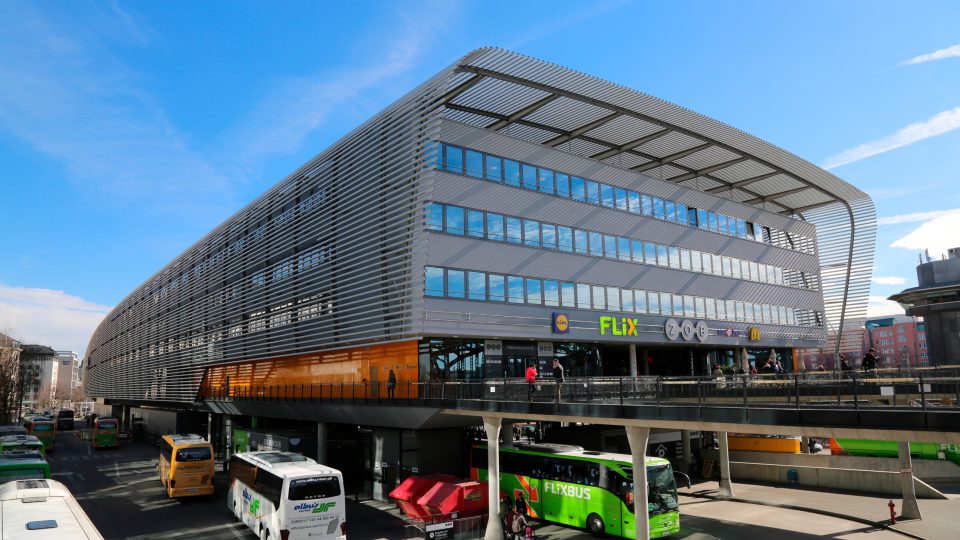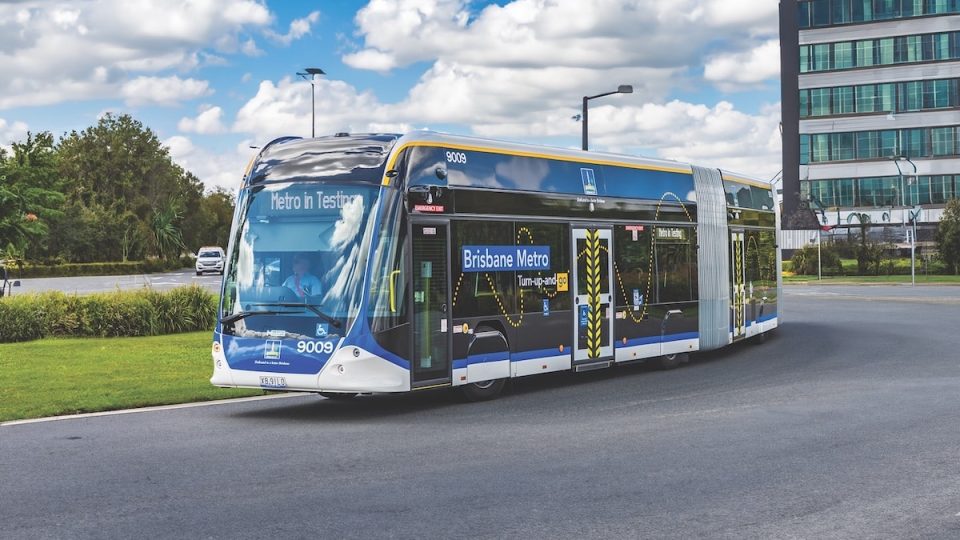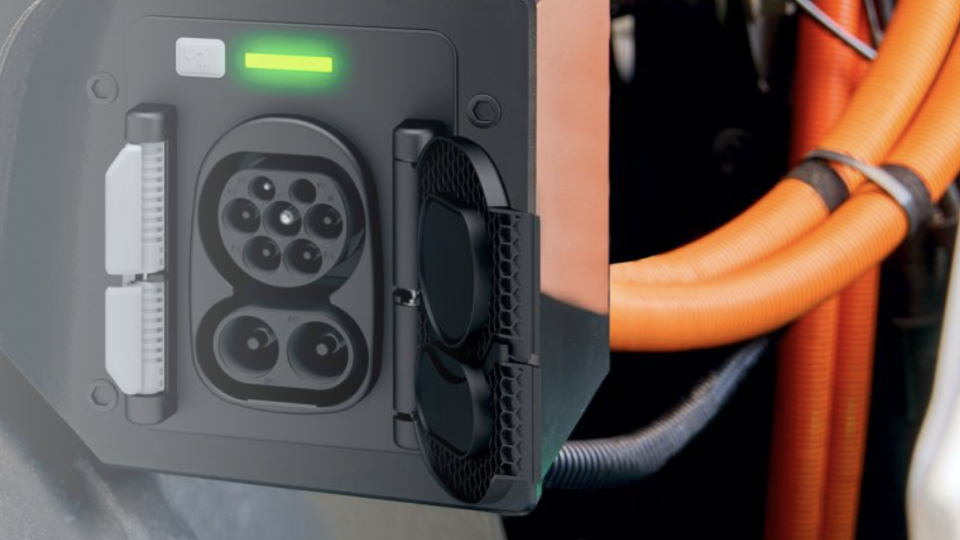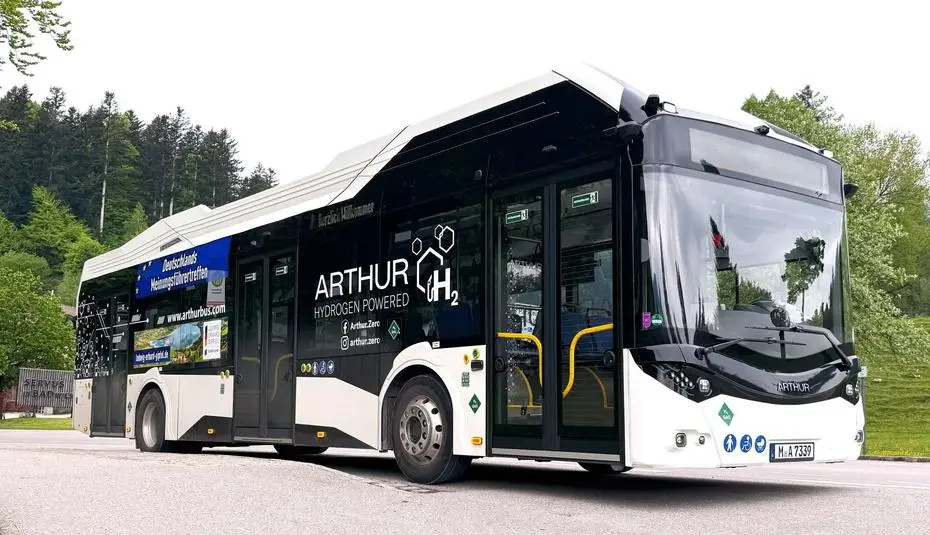RVK launches construction of depot with on-site green hydrogen production (fleet to reach 160 units)
Cologne’s regional transport company Regionalverkehr Köln (RVK) has entered the construction phase of its Green Mobility Centre in Bergisch Gladbach-Moitzfeld. Following the completion of access roads for construction vehicles earlier this year, earthworks and the building of a retaining wall have now begun on the 15,000 m² site. The project, supported by the city and […]
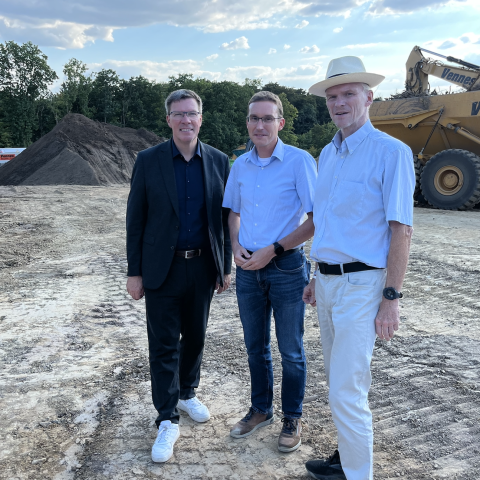
Cologne’s regional transport company Regionalverkehr Köln (RVK) has entered the construction phase of its Green Mobility Centre in Bergisch Gladbach-Moitzfeld. Following the completion of access roads for construction vehicles earlier this year, earthworks and the building of a retaining wall have now begun on the 15,000 m² site. The project, supported by the city and the Rheinisch-Bergisch district, will serve as a future depot for RVK’s growing fleet of zero-emission buses.
Once completed, the facility will include a hydrogen refuelling station with an electrolyser for on-site production of green hydrogen, as well as charging infrastructure for battery-electric buses. RVK is targeting a dynamic mix of propulsion technologies as part of its decarbonisation strategy. By the end of 2025, the operator expects to run 160 fuel cell buses, the largest such fleet in Europe.
Fuel cell buses in Cologne, a success story
In May 2022 Wrightbus had secured an order from RVK Cologne for 20 fixed and 40 optional hydrogen buses. Delivery of 31 units was completed in late November 2024. Also four H2 bus order have been landed with Solaris, the last one in early 2024.
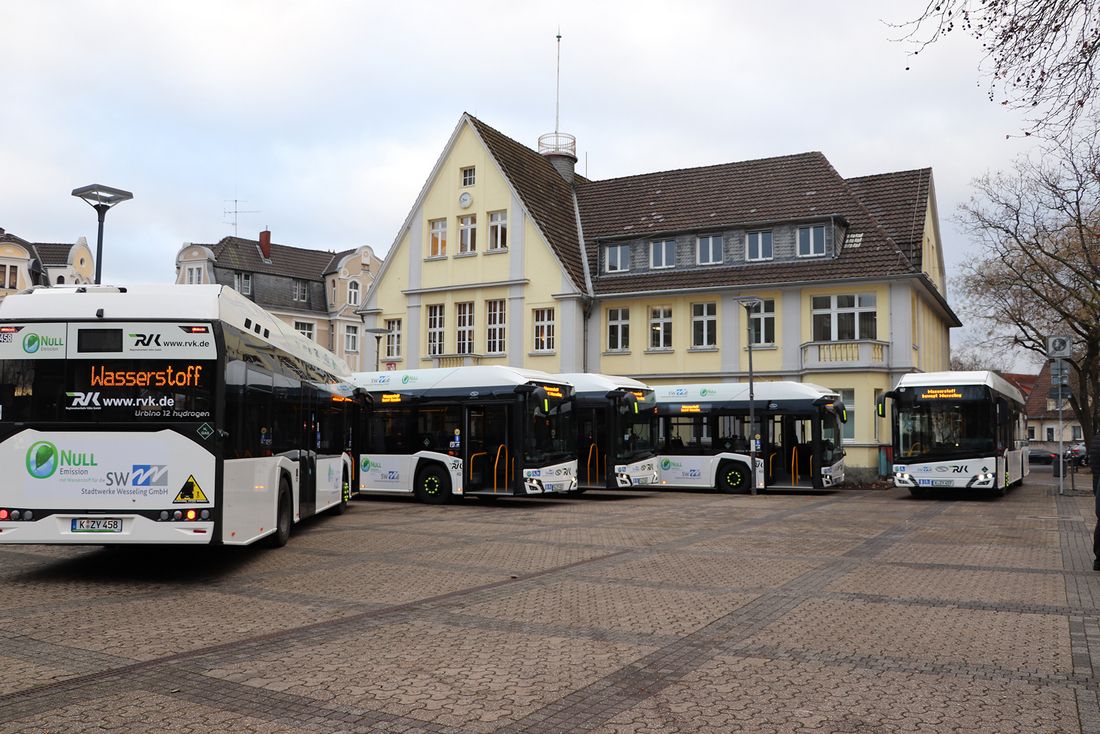
As reported in an article by Michael Barnard published in July, Cologne stands out as one of the few positive hydrogen bus fleet stories in Europe. Regionalverkehr Köln (RVK) has become the continent’s largest operator, with 101 hydrogen buses in service by late 2024 and a target of 160 by end-2025. This growth is backed by nearly €34 million in federal subsidies, the article states. And adds: “A key factor in RVK’s hydrogen strategy is the availability of industrial by-product hydrogen from chemical plants in nearby Hürth and Leverkusen. Previously flared as waste, this hydrogen is now captured and used to fuel RVK’s buses. While it is not green hydrogen in the strictest sense, the use of this by-product is both cost-effective and environmentally beneficial, as it prevents additional CO₂e emissions from incomplete flaring, as hydrogen is a potent, if indirect, greenhouse gas”.
Marcel Frank, Managing Director, Regionalverkehr Köln GmbH: “Everything we have planned over the past few years is now finally entering the major implementation phase. We are delighted that this flagship project in the Rheinisch-Bergisch district is now increasingly becoming a reality for our corporate goal of zero emissions by 2030. This is not only a great benefit for us, but also for the region, the people and the environment.”



